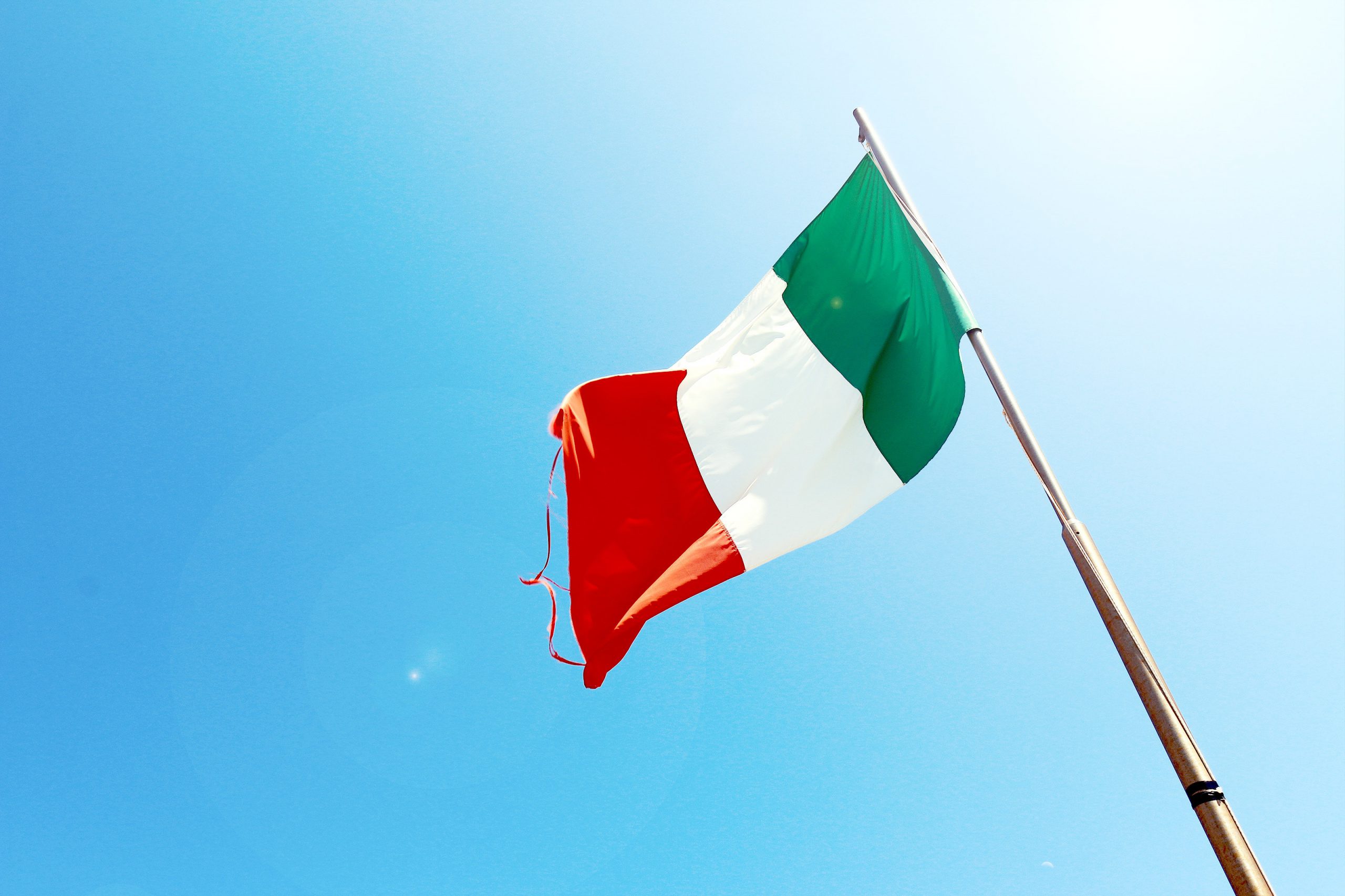In the 1980s, localizing a video game in Italian was considered utopian, as was dubbing it, due to the limited funds available to the Italian video game market. Packages and old manuals were usually translated into Italian, but this was not the case for the video game itself, especially in genres where there was a large amount of text and dialogue. With the passage of time, and given the enormous success of textual and later graphic adventures, the need for translation arose, which was not entrusted to professionals in the field, but was carried out by the developers themselves, obviously causing quite a few errors.
The translation process
The main language used in the video game industry is English, although today virtually all video games are dubbed or subtitled in the language of the country in which they are sold. In addition to economic motivations, it is also true that translation into the players’ native language creates a deep emotional connection with the characters and the game’s story, which would be impossible to achieve if the local language were not used, as translation greatly influences the user’s gaming experience. When localizing a product to a particular one, some essential points should be kept in mind. For instance, certain idioms cannot be translated literally, and similarly, quotes from films, songs and parts of dialogue that would not be understood if translated too rigidly must also be adjusted. In official localizations, the consumer must be given the feeling that the video game is a product of the target culture of the localized version; translated video games must necessarily be subject to the ESRB or PEGI, whose task it is to categorize the target consumers by age group. For marketing reasons, the localization work must fall within the aforementioned target group: sexual references, swearing or profanity are thus eliminated, implementing genuine censorship. Localizers must edit out any cultural references that would not work in the final version.
International Localization
LocalizeDirect, one of the many companies specializing in the localization of entertainment products, published a report in 2020 showing a certain trend in localisation requests from various developers. The most requested language at the moment seems to be German, followed by French, Japanese, Russian and Korean. By translating from the original to the target language, the quality certainly increases and a more accurate localization is achieved, but this can be complex, as skipping English as an intermediate step can also increase the cost of the translation itself. It’s certainly easier to find someone capable of doing the Russian-English step and then someone to do the English-Italian step, than to find a single translator capable of doing the demanding Russian-Italian work.
In conclusion
It’s becoming more and more important to get specialized in video game localization, as relegating such a task to machines would now risk disregarding various aspects, such as the difference between formal and informal language.
With the course in video game localization at GLOS, you can learn the mechanisms for an effective penetration in the industry.





